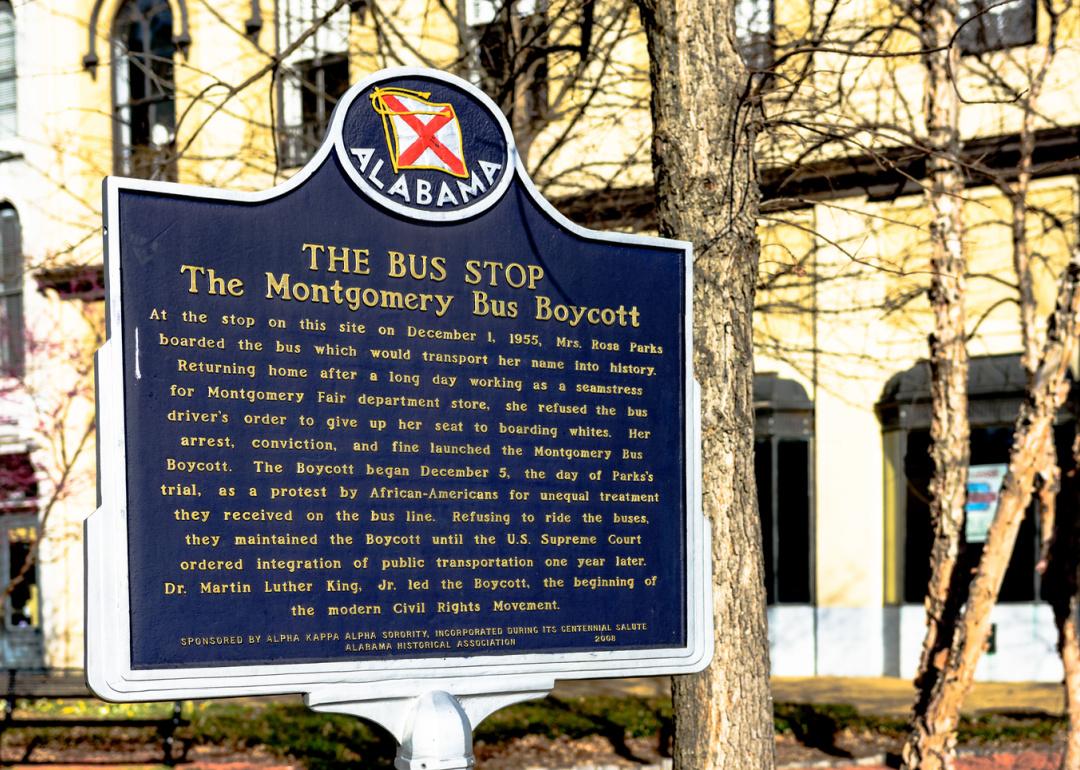
Hard truths lead to real reform: A major civil rights moment in Rhode Island
Hard truths lead to real reform: A major civil rights moment in Rhode Island
A land of contradictions from the outset, the United States was founded by slave owners who spoke passionately and eloquently about liberty, freedom, and justice for all. In the beginning, "all" was limited to men of European ancestry who were wealthy enough to own land. The Constitution's protections did not apply to most of the people living in America for most of America's history—at least not in full.
Women—about 50% of the population—were not included in the country's concept of "all," likewise millions of slaves—and for a long time, their offspring. Native Americans, the descendants of the original inhabitants of the United States, were commonly excluded from the promise of America, as were many immigrants, ethnic groups, and religious minorities.
Despite all the work that remains to be done, all of those groups and many others now enjoy freedoms that had to be won—won through the courts, through the court of public opinion, through mass demonstrations, through legislation, through boycotts, and in many cases, through martyrdom.
Fighting to expand the definition of "all" requires powerless people to challenge the power structures that benefit from keeping certain people locked in their status as second-class citizens. They often do it at great risk to their jobs, their reputations, their homes, and in many cases, their lives. Even so, brave advocates and activists fought the good fight in every state in America. Each state has a unique story to tell about the epic struggles for civil rights that were waged there, as well as those that continue to be waged. The following is a tiny sliver of their collective efforts.
Using a variety of sources, Stacker identified a defining moment for civil rights in all 50 states. They stand out for different reasons and led to changes that lifted different groups, but they all prove how much can be achieved—and how much still remains to be accomplished.
Keep reading to find out your state's contribution to civil rights.
Rhode Island: Hard truths lead to real reform
One of racism's cruelest traps is that for generations, African Americans were denied access to fair employment and then caricatured as lazy and shiftless for not working. In 1943, the Rhode Island Commission on the Employment Problems of the Negro released a groundbreaking report that did something that was incredibly rare for the time: provided truthful answers that broke inconvenient stereotypes. The report concluded that unfair and discriminatory hiring practices were responsible for disproportionate levels of Black unemployment and recommended the creation of what would become the Rhode Island Council for Fair Employment Practices in 1947.
Click here to see an event from every state or continue reading for other events near Rhode Island.
Connecticut: Women get some privacy
A Connecticut reproductive rights advocate named Estelle Griswold took the state to court over its 19th-century ban on contraception. The case went all the way to the Supreme Court, which overturned the ban in the landmark 1965 case Griswold v. Connecticut. The case was a watershed moment that set the first legal precedent for a constitutional right to privacy.
Massachusetts: Integration arrives by bus
In 1974, Boston became a symbol of Northern racism when riots broke out over a court order to use out-of-district busing as a remedy to the widespread segregation that existed in the city's schools. Black children bused from the African American enclave of Roxbury to notoriously hostile South Boston were attacked with bricks by angry mobs who screamed racial slurs and spit on them as riot police struggled to hold them back. Strikingly similar to the treatment Ruby Bridges received in Louisiana, the moment not only integrated Boston's schools but forced the country to confront racism outside the South.



